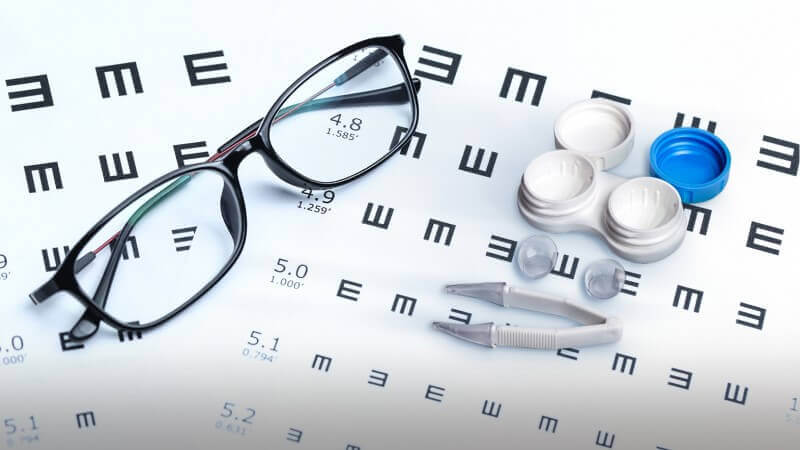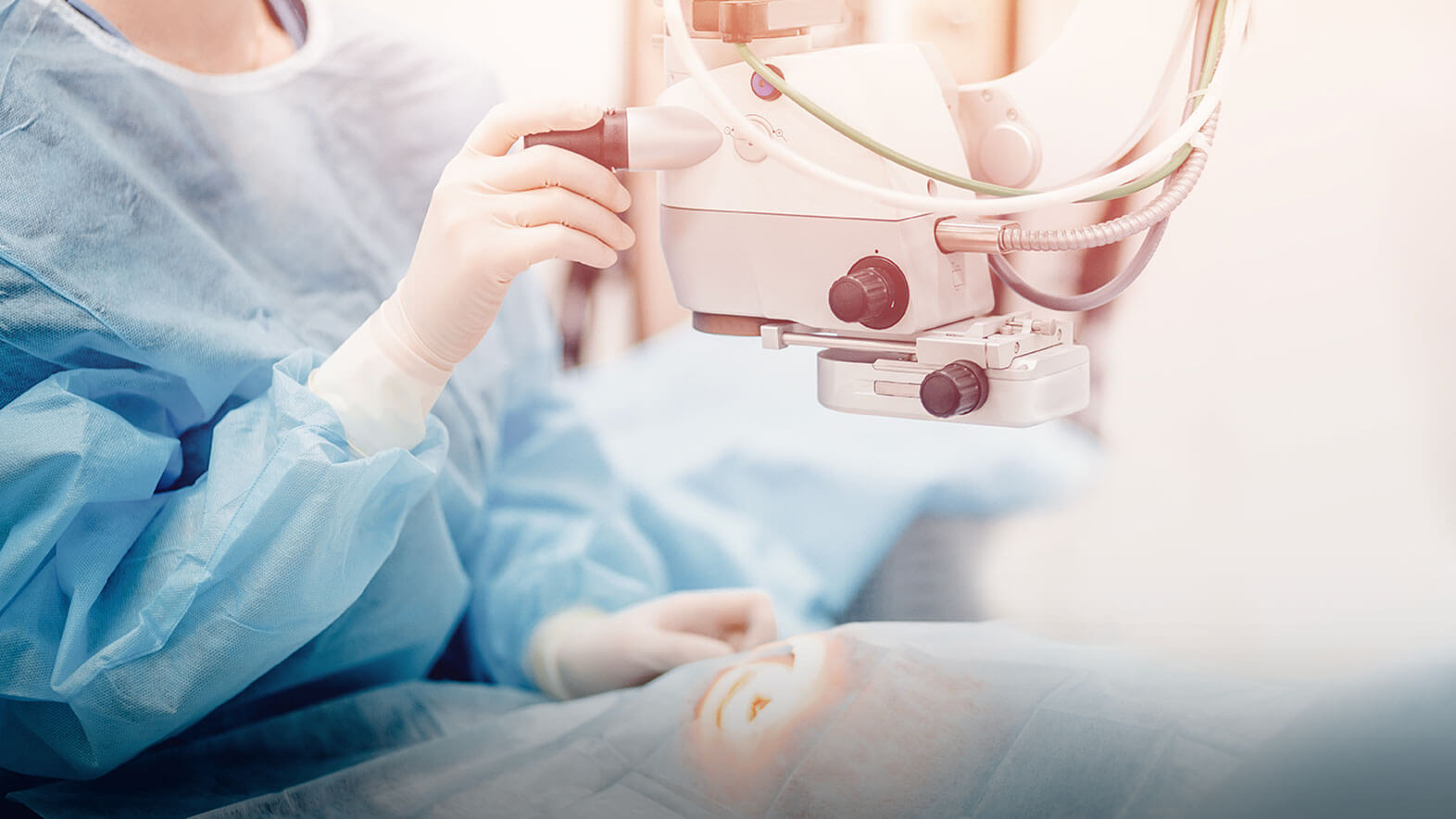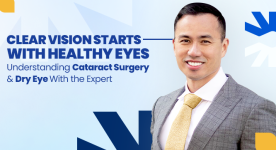Lasik And Refractive Surgery: What You Need To Know
If you have short-sightedness (myopia), long-sightedness (hyperopia) and /or astigmatism, read on...
ARE YOU TIRED OF YOUR GLASSES AND CONTACT LENSES
Glasses give excellent vision and can be fashionable, but they can get in the way, be a hassle during your favourite sporting activities or fog up easily when worn with a facial mask.
Contact lenses give great vision too, but they have their own set of problems including allergies and infection, and are expensive in the long term.

Imagine a clear world with your own eyes, without those glasses and contacts….
That is what refractive surgery can potentially do for you.
WHAT ARE SOME OF THE REFRACTIVE SURGICAL PROCEDURES AVAILABLE TODAY?
- LASIK
- Refractive Lenticule Extraction (SMILE)
- Advanced surface ablations (TransPRK, LASEK, EpiLASIK)
- Phakic intraocular lens implantation (eg, Implantable Contact Lens)
These are procedures that have been clinically proven to be safe and effective, with excellent visual outcomes.
In this article, we shall focus on LASIK, which remains the most popular vision correction procedure today in Singapore.
 ALL ABOUT LASIK
ALL ABOUT LASIK
LASIK is a procedure whereby special lasers are used to reshape the cornea (the transparent covering of the eye) to improve the way light rays focus on the retina (the light-sensitive “film” at the back of the eye). A first laser called the femtosecond laser is used to create a thin piece of tissue (the flap) on the cornea. The flap is gently lifted and a second laser, the excimer laser is then used to reshape the cornea. The flap is replaced and smoothened out.
Modern day LASIK surgery has been performed worldwide for close to three decades and has afforded millions of patients excellent vision.
Are you a good candidate for LASIK?
A LASIK suitability assessment will determine if you are a good candidate. You have to be free of eye disease and have a profile that fulfils the requirements for corneal thickness, corneal shape and refractive error (degree). You must also be free of certain medical conditions which may affect the healing and recovery after LASIK.
What should you expect during and after the procedure?
LASIK is relatively painless and it takes generally 10-15 minutes to perform the procedure in both eyes. After the surgery, you will be prescribed antibiotic and steroid eyedrops as well as artificial tears to keep the eyes moist. Dry eye after LASIK is common in the first few weeks and preservative-free artificial tears would be recommended during this time.
Visual recovery after LASIK is amazingly fast, and most patients are able to see and perform their usual daily activities the next day. Stabilization of vision usually takes a few weeks, and varies from person to person. Some individuals may experience glare or haloes in a dim environment, but these, like dry eye, often improve or resolve with time.
Overall, the surgery and post-surgery recovery is a pleasant experience for most patients

What will life be like after LASIK?
A successful LASIK procedure is able to give you excellent vision and the freedom to perform your daily activities without the need for contact lenses and glasses. The surgery has been described as life-changing, and is gratifying for both patient and surgeon.
If you are considering LASIK to correct your vision, do consult an eye doctor first to get all your questions answered before making the decision.
Dr Cordelia Chan
Consultant Eye Surgeon, Eye Surgeons @ Novena
Mount Elizabeth Novena Specialist Centre, 38 Irrawaddy Road #09-28 Singapore 329563









